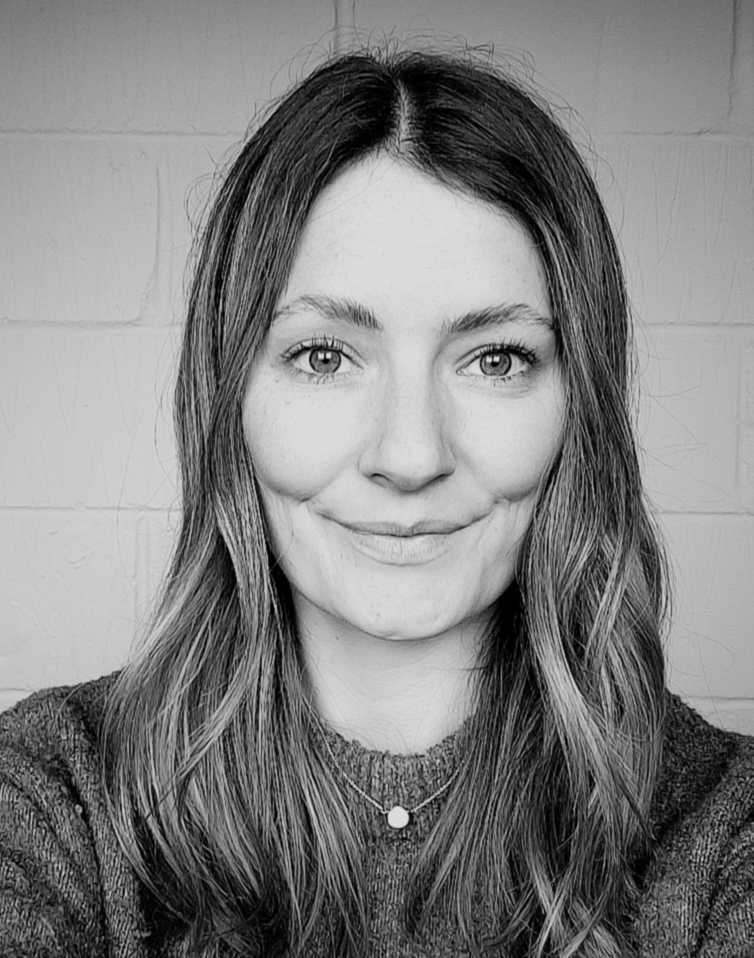Hormones: What is Testosterone? (DP IB Psychology) : Revision Note
Hormones & Their Effect on Behaviour – Testosterone
What is a hormone?
A hormone is a chemical that is secreted by the endocrine glands into the blood stream which then distributes it around the body
Hormones act slowly (unlike neurotransmitters which are fast) and may take years to fully have an effect e.g. puberty occurs over several years
The major gland which regulates hormones is the pituitary gland, located at the base of the hypothalamus
Hormones will have different effects on the body and on behaviour, depending on the nature of the hormone itself e.g. cortisol regulates the stress response; melatonin regulates the sleep-wake cycle
What is testosterone?
Testosterone is the key male sex hormone that regulates fertility, muscle mass, fat distribution and red blood cell production
Testosterone levels rise during puberty when males begin to show secondary sexual characteristics e.g. bodily hair, deepening of the voice
Females produce testosterone but in much smaller volumes than males
Testosterone has been linked to behaviours such as aggression and competitiveness
Some research shows that males in prison for violent offences have higher levels of testosterone than male prisoners convicted of non-violent crimes
Which studies investigate the effect of testosterone on behaviour?
Zak et al. (2009) – a lab experiment to investigate whether testosterone makes people less generous and less prosocial towards strangers
Armstrong et al. (2022) – increased testosterone levels may lead to impulsive and violent criminal behaviour
The study by Zak et al. (2009) can be found in Two Key Studies of Hormones on this site: just navigate the Hormones & Pheromones topic to find it.
Examiner Tips and Tricks
An exam question on this topic is likely to be worded in a way that gives you some choice over how to answer i.e. ‘Describe/Discuss the effect of hormones and/or pheromones on behaviour’. So you do not necessarily need to have two studies per hormone, you could choose one study of a hormone and one study of a pheromone if you prefer.

You've read 0 of your 5 free revision notes this week
Sign up now. It’s free!
Did this page help you?

